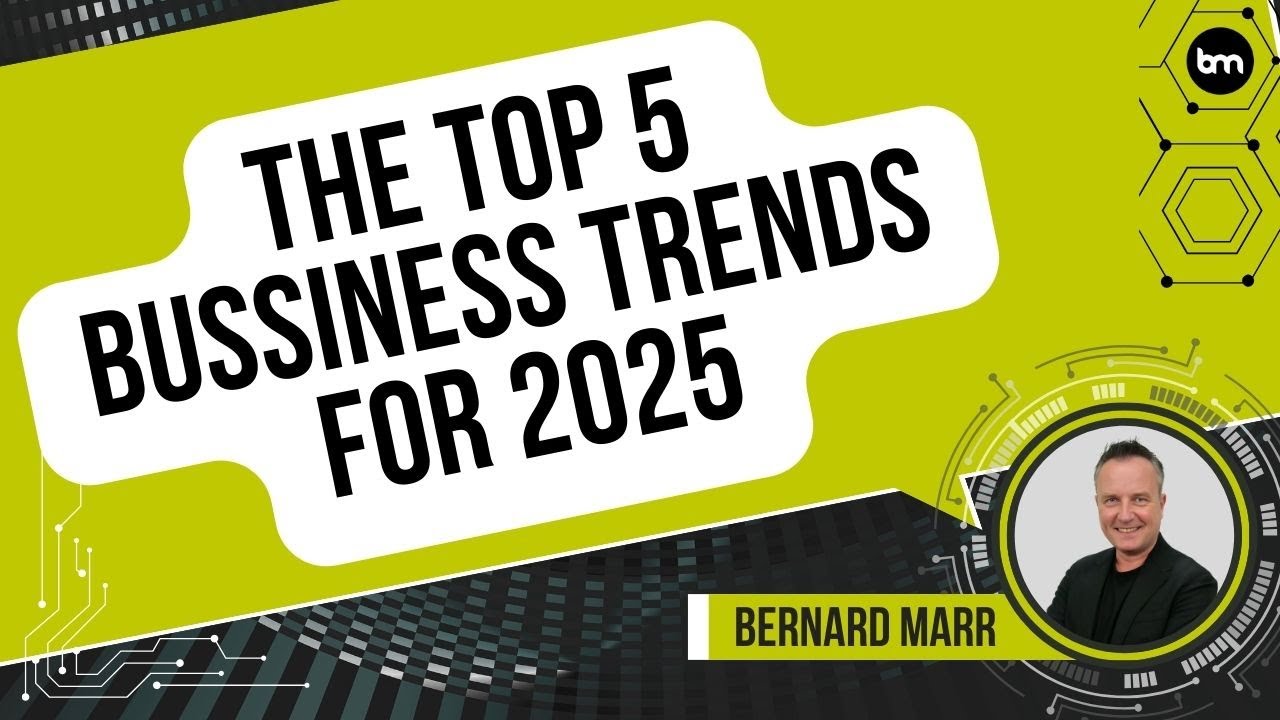
Bitcoin Miners Dive into AI, Seeking Billions in Return
The cryptocurrency mining industry is undergoing a significant transformation. Bitcoin miners are now investing heavily in artificial intelligence (AI) businesses, seeking billions of dollars in return. This shift is driven by the need to diversify revenue streams, as the profitability of bitcoin mining continues to decline.
Core Scientific’s 104 megawatt Bitcoin mining data center in Marble, North Carolina
Core Scientific, a leading bitcoin miner, has announced a 12-year deal with cloud provider CoreWeave to provide infrastructure for AI use cases like machine learning. This agreement is expected to add revenue of over $3.5 billion over the course of the contract. Core Scientific will deliver about 200 megawatts of infrastructure to CoreWeave’s operations.
The move into AI is no longer a secret. Many bitcoin mining firms have been retrofitting their existing facilities to service AI clients, as revenue from crypto mining plummets. The demand for AI compute and infrastructure has surged after OpenAI unveiled ChatGPT in November 2022, setting off a rush of investment in AI models and startups.
“The best way to think about bitcoin mining facilities is that we are essentially power shells to the data center industry,” Core Scientific CEO Adam Sullivan told CNBC.
 AI data centers require immense amounts of power to handle the training of AI models and the massive workloads that follow.
Bitcoin miners, often stationed in energy-secure and energy-intensive data centers, find these facilities ideal for AI operations as well. The overlap is leading to a competition for rack space between bitcoin mining and AI activities. While AI operations require up to 20 times the capital expenditure of bitcoin mining, they’re more profitable, according to a report from CoinShares.
“The introduction of AI activities leads to increased depreciation and amortization, which can enhance gross profit margins,” said James Butterfill, head of research at CoinShares.
Several bitcoin miners, including Bit Digital, Hut 8, and TeraWulf, have been expanding into AI. Hut 8 said it had purchased its first batch of 1,000 Nvidia GPUs and secured a customer agreement with a venture-backed AI cloud platform as part of its expansion into new technologies offering higher returns.
“We finalized commercial agreements for our new AI vertical under a GPU-as-a-service model, including a customer agreement which provides for fixed infrastructure payments plus revenue sharing,” said Hut 8 CEO Asher Genoot.
The shift to AI isn’t as simple as repurposing existing infrastructure and machines. High-performance computing (HPC) data center requirements are different, as are the needs of the data network. However, Core Scientific’s Sullivan says there’s a lot of synergy between the two businesses.
“One of the most exciting parts about the bitcoin mining business is we have access to large amounts of power across the United States with access to fiber lines,” he said.
Beyond its partnership with CoreWeave, Core Scientific has also announced that over the next three to four years, it’s working to convert 500 megawatts of its bitcoin mining infrastructure across the country to HPC data centers.
 Nuclear energy is seen by many as the answer to meeting the growing demand for power in the AI industry.
Clean energy is a popular choice because it’s the cheapest power source in many markets. Miners at scale compete in a low-margin industry, where their only variable cost is typically energy, so they’re incentivized to migrate to the world’s cheapest sources of power. An industry report estimates that the bitcoin network is 54.5% powered by sustainable electricity.
The Electric Power Research Institute estimates that data centers could take up to 9% of the country’s total electricity consumption by 2030, up from around 4% in 2023. Tapping into nuclear energy is seen by many as the answer to meeting that demand.
OpenAI CEO Sam Altman told CNBC last year that he’s a big believer in nuclear when it comes to serving the needs of AI workloads.
“I don’t see a way for us to get there without nuclear,” Altman said. “I mean, maybe we could get there just with solar and storage. But from my vantage point, I feel like this is the most likely and the best way to get there.”














